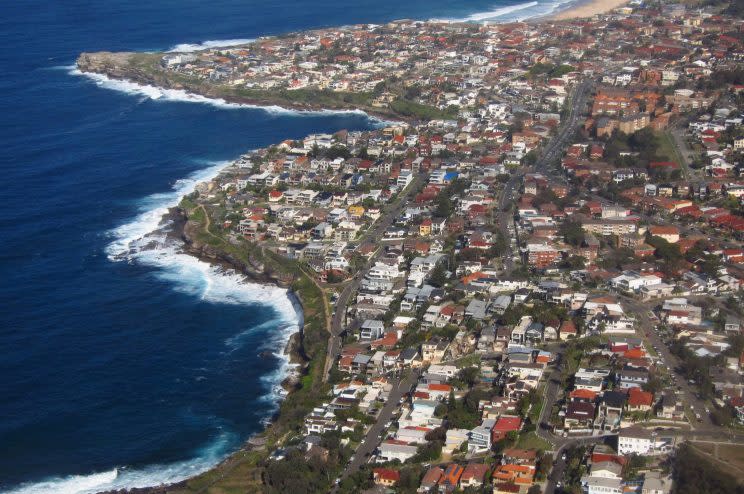The housing affordability crisis solved? Not so fast..

By David Taylor
So, you’re a first home buyer, and you’ve been looking to buy a property now for several years. Your wages haven’t gone up very much recently, but you’ve been working really hard to work up a deposit.
The problem you’re having though is that every time you feel like you’re getting somewhere, house prices keep creeping higher. It’s always just out of reach. Even if you do manage to make it to auction day, some investor rocks up and pips you at the post.
Is this you? The evidence shows there are plenty of millennials and first home buyers going through the above-mentioned drama every week.
It’s heartbreaking.
Recently there’s been some hope. The nation’s top finance policy maker, Treasurer Scott Morrison, promised to prioritise the issue of housing affordability in his 2017 Budget. So, did he?
Also read: Morrison has donned rose tinted glasses
Come with me and let’s have a look at what went down on Budget night, and whether or not it’ll help you out… if indeed you need help.
Budget 2017: Housing affordability measures
From July, first home buyers will be able to make additional contributions to their super, which can then be put towards a deposit (obviously taxed less too). Millennials will have the ability to sacrifice part of their salary and put that towards buying a home.
Then, from July next year, they’ll be able to withdraw that cash, which is capped at $15,000 a year, and $30,000 all up.
So that’s a measure specifically designed to help first home buyers.
Also read: The highly complex way you can use super to save for a home
The Treasurer then looked to the supply side of the equation.
Changes have been proposed to free up more housing stock. Foreign investors will face extra charges if they buy a property and it’s left vacant, and even more taxes when they sell.
There are also other proposed restrictions, including capping how much of a new development can be sold to foreigners.
What then about the demand side? Were there any measures to stop retirees from gobbling up more property?
In a way, yes. The Budget has a measure to allow older Australians who are downsizing to shift up to $300,000 from the sale of their home into super. It’s to allow those home owners to take advantage of the tax benefits of doing that, and, obviously, an attempt to free up more supply of family houses.
Will these measures work?
Do you want the good news or the bad news? Well looking at it at face value, yes, these changes could influence the market and lead to downward pressure on house prices. The reality though is that to really make a difference to the current market you need a sledge hammer, no a tooth pick – which is how I see these changes.
The problem of course is that if you take a sledge hammer to the market you risk doing all sorts of damage to the wider economy. Household wealth is currently very tied up in the housing market. If policy makers were to engineer a crash, and the value of your property collapsed, you’d be in all sorts… especially if you needed to sell or wanted to re-finance.
There would be other, broader, economic problems if there was a house price crash on the east coast as well. You only need to look at Western Australia to see how much economic life can deteriorate in the face of falling house prices and rising unemployment. It can get ugly… or as the governor of the Reserve Bank put it, “sobering”.
So, what to do now?
I’ve spoken to quite a few analysts and economists in recent weeks, and, for once, most of them agree prices are unlikely to rise too much more from here. Part of the reason for that is because investors are being reined in by the regulator, but also because households are already carrying huge amounts of debt (debt to disposable income is a staggering 180 per cent).
So, while these measures don’t look like they’ll achieve a huge amount in terms of bringing house prices down, combined with other measures, it may just be that house prices won’t continue to skyrocket.
Now that would be great… if not for one tiny little problem. The thing is interest rates are still around record lows, so investors are still incentivised to borrow, and millennials can’t earn a dime with their money in the bank. Add to that record low wages growth and you can see why millennials still can’t realistically see a way into the property market.
There’s no easy fix to this housing affordability crisis. Scott Morrison has made some changes, which are welcome, but there are much bigger problems out there that need to be resolved.
@DavidTaylorABC

 Yahoo Finance
Yahoo Finance 
